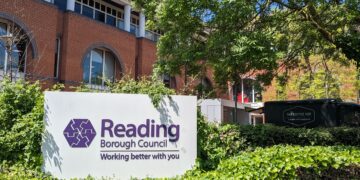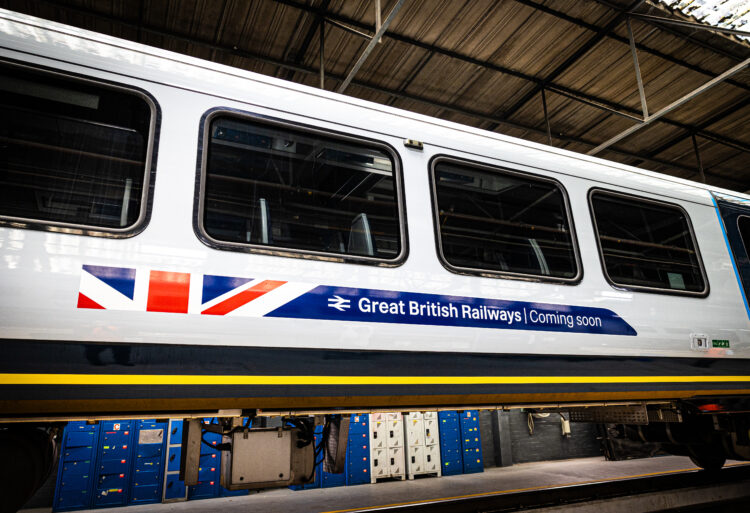LAST WEEK, a “total reset” of British rail began as the first of its services completed the move back into public control.
South Western Railway has become the first of the British rail services to re-nationalise as part of the Great British Railways, which has been dubbed a “reset” aimed at improving the state of rail travel throughout the country.
It will also be the first to be subjected to a number of performance standards including service punctuality, cancellation rates, and passenger experience.
Great British Railways would be a new national body to oversee services and management, moving away from the 14 independent operators in place currently.
Despite the move, Labour’s Transport Secretary Heidi Alexander said that she could not promise that it would lower fares for services already highly subsidies by taxpayers.
The first service under the new nationalised SWR left Woking on the morning of Sunday, May 25– but also received some scrutiny as the rest of the journey on to London Waterloo was replace with a bus service as a result of planned engineering works.
It follows the inclusion of plans to nationalise rail services through legislation set to be introduced in the present parliamentary session.
The first of these was the passing of the Public Ownership Act which last November, and seven more passenger services are intended to have returned to public ownership by 2027.
Great Western Railways is set to be among them.
Services will revert after their current contracts reach their minimum terms, so as to avoid extra costs from contracts being broken.
MPs are still yet to vote on the initiative, however– currently though to take place later this year.
The Department for Transport will oversee public rail in the meantime.
Wales’ rail services were nationalised in 2021, followed by those in Scotland the following year.
Speaking from South Western Railway’s depot in Bournemouth, the Transport Secretary was clear that operators will have to earn the right to be called “Great British Railways.”
Secretary of State for Transport Heidi Alexander said: “Today is a watershed moment in our work to return the railways to the service of passengers.
“Trains from Waterloo to Weymouth, Bournemouth and Exeter, will be run by the public, for the public.
“But I know that most users of the railway don’t spend much time thinking about who runs the trains – they just want them to work. That’s why operators will have to meet rigorous performance standards and earn the right to be called Great British Railways.
“We have a generational opportunity to restore national pride in our railways and I will not waste it.”
Lawrence Bowman, Managing Director of Southern Western Railway said: “I’m excited to join and lead the excellent team at South Western Railway, who come to work every day to deliver the best possible service for our customers, and moving into public ownership will make it easier for them to do so.
“My immediate priority is to work with colleagues to develop a plan for SWR, that will make the most of the new simpler industry processes to deliver improvements in reliability and an increase in capacity.
“Over the coming years I will focus on ensuring SWR moves into Great British Railways as a truly integrated industry-leading operation that delivers an excellent service to its passengers and the local communities we serve.”
Ben Plowden, Chief Executive of Campaign for Better Transport, said: “Today marks a turning point for Britain’s railways and it’s good to see the Government’s plans for reforming the railways continuing at pace.
“The creation of Great British Railways presents a once in a generation opportunity to change how the rail system works – structurally, financially and operationally – and put passengers and freight operators first.”
























